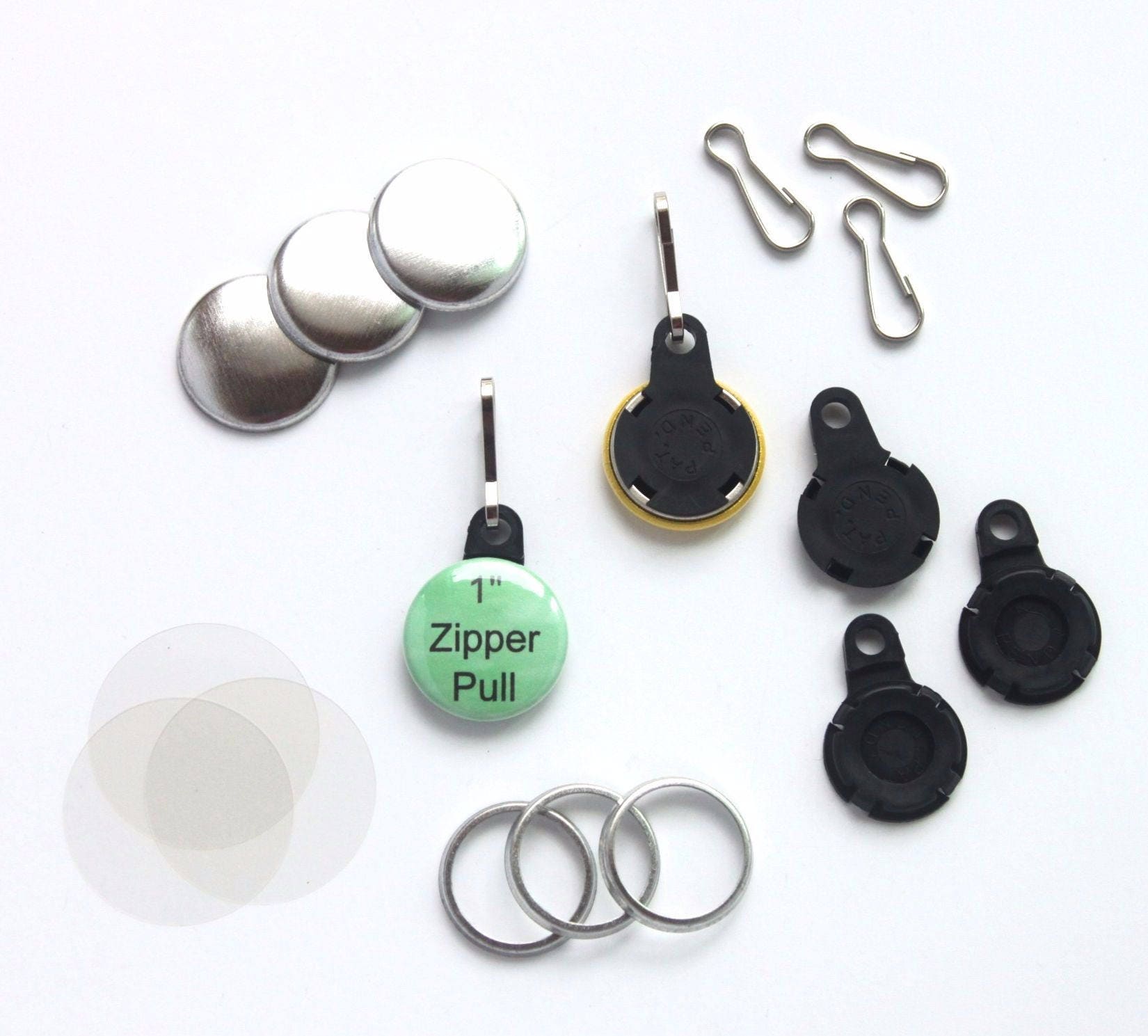

YKK’s GreenRise® zipper features a textile tape made with a bio-based polyester. These are not the only YKK® zippers that use materials from Mother Nature. These plant-based materials are renewable and can be grown regeneratively, helping to reduce resource depletion and contributing to a healthier environment. YKK® zippers with natural fiber woven tapes help to eliminate the CO 2 emissions associated with the production of synthetic textiles. These natural fibers provide a renewable sustainable source of material for the textiles used in zippers. Zippers made from organic cotton and TENCEL™ fibersīesides zippers made from recycled materials, YKK also offers sustainable zippers that utilize organic cotton and TENCEL™ fibers. The best part is there is no difference in appearance, strength, or durability of NATULON® fastening products compared to zippers made from virgin materials. The NATULON Plus® zipper offers even greater impact reductions as both the zipper tape and teeth are made from recycled materials. For that reason, NATULON® zippers have a much lower carbon footprint than zippers made with virgin polyester.

Recycled polyester yarn offers a reduction in greenhouse gas emissions over virgin polyester yarn by up to 79%, along with savings in energy and water. The most widely used sustainable zipper is YKK’s NATULON® zipper, which uses recycled polyester yarn in the zipper tape. At YKK, we define “sustainable” as products that use input materials or production processes that utilize less energy and water, use no toxic chemicals, and emit fewer greenhouse gas emissions compared to conventional zippers. While the term “sustainable” would seem to be straightforward and easy to understand, it can be tricky as it has different meanings for different people. This is a question that more customers are asking as they seek to find ways to reduce the environmental footprint of their products.


 0 kommentar(er)
0 kommentar(er)
